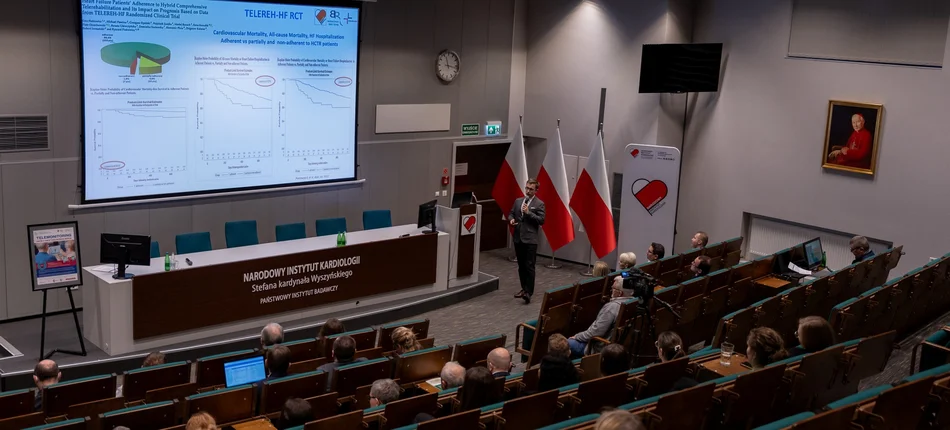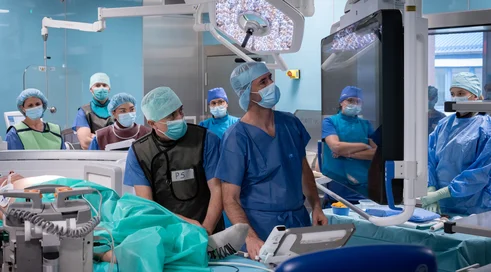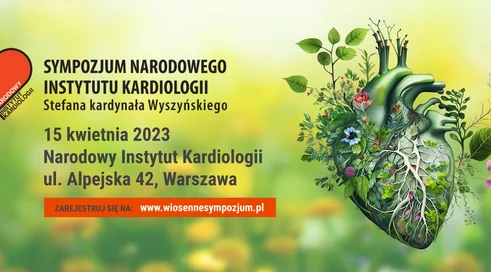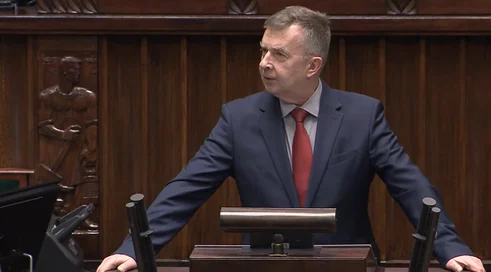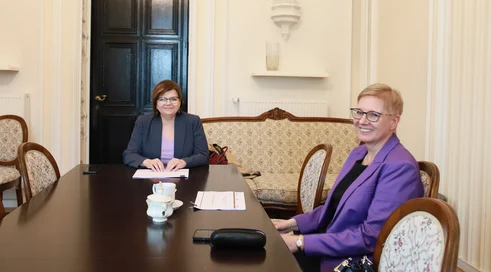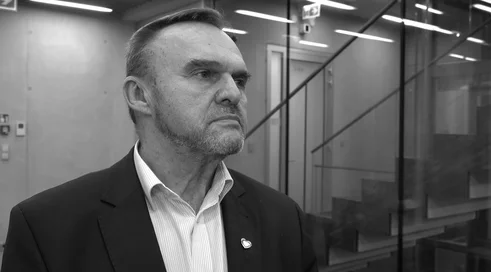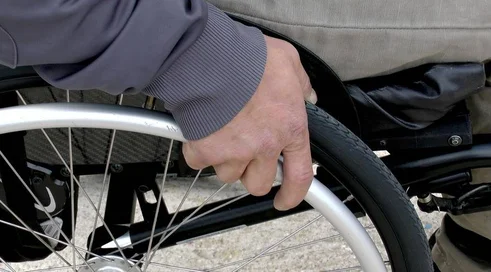The goal of the project "Improving Access to Healthcare Services in Telemedicine and eHealth - Telemonitoring of Heart Failure Patients" was to increase the level of health security and improve the quality of life of heart failure patients by providing coordinated traditional and telemedicine care and educational activities. The project tested a model of telemedicine care for heart failure patients, using a dedicated online platform. Funding for the project comes from the Health Program under the Norwegian Financial Mechanism 2014 - 2021 (85%) and the state budget (15%). Its total value is PLN 2,557,720.00.
During the event, the pilot was summarized, its strengths and weaknesses were discussed, and preliminary results of a survey assessing patient satisfaction with participation in the project were presented. The project leader, the National Institute of Cardiology, and representatives of the partners participating in the pilot (Lomza Medical Center, BaltiMed Outpatient Clinic in Gdansk, Medical and Diagnostic Center in Siedlce) also exchanged insights gained during the implementation of the project.
The meeting was opened by Professor Maciej Sterlinski, MD, Deputy Director for Clinical Affairs. As he emphasized in his speech, the National Institute of Cardiology is heavily involved in all kinds of modern solutions that support and improve patient care, which translates into an improved patient prognosis. - From our perspective, we are seeing an increase in the number of patients with heart failure. The progression of this disease is becoming a significant social problem, so the introduction of solutions such as telemonitoring allows us to provide better care for this group of patients," Prof. Sterlinski stressed.
...Content locked
To gain access to the complete English section of the Medexpress.pl, kindly reach out to us at [email protected].




